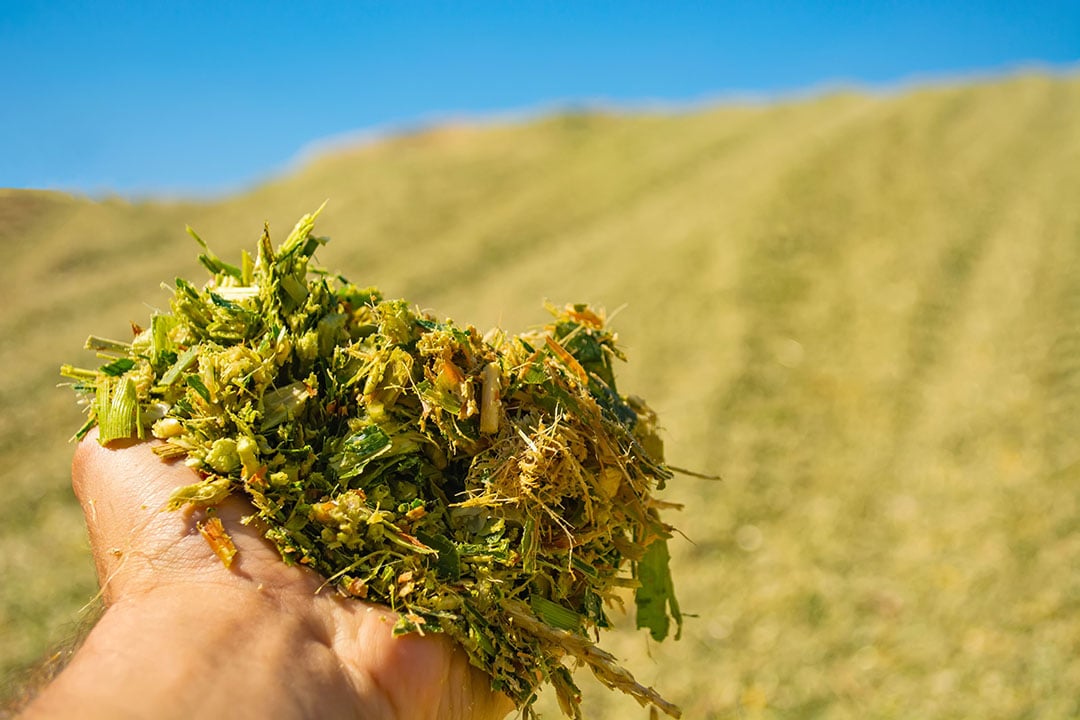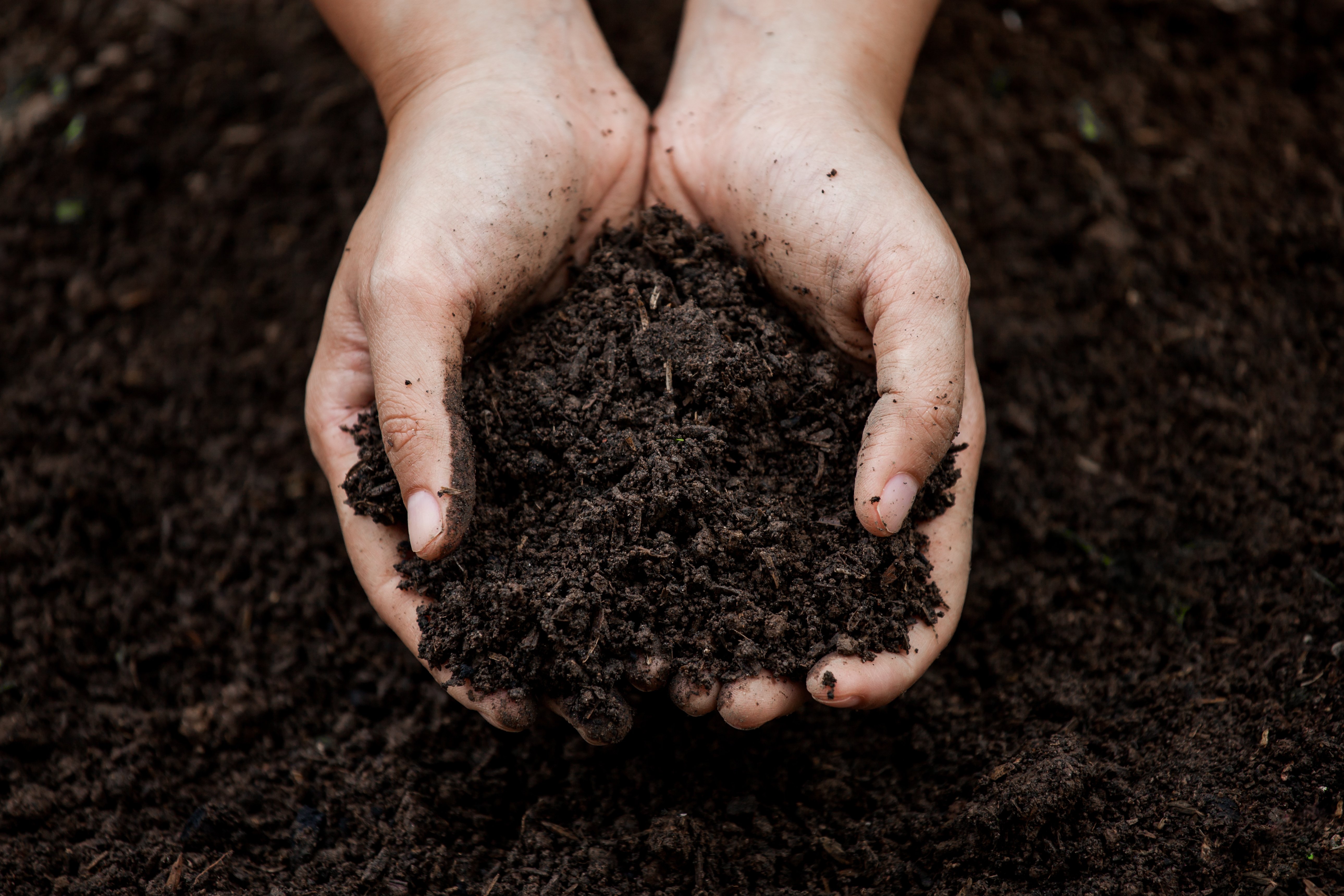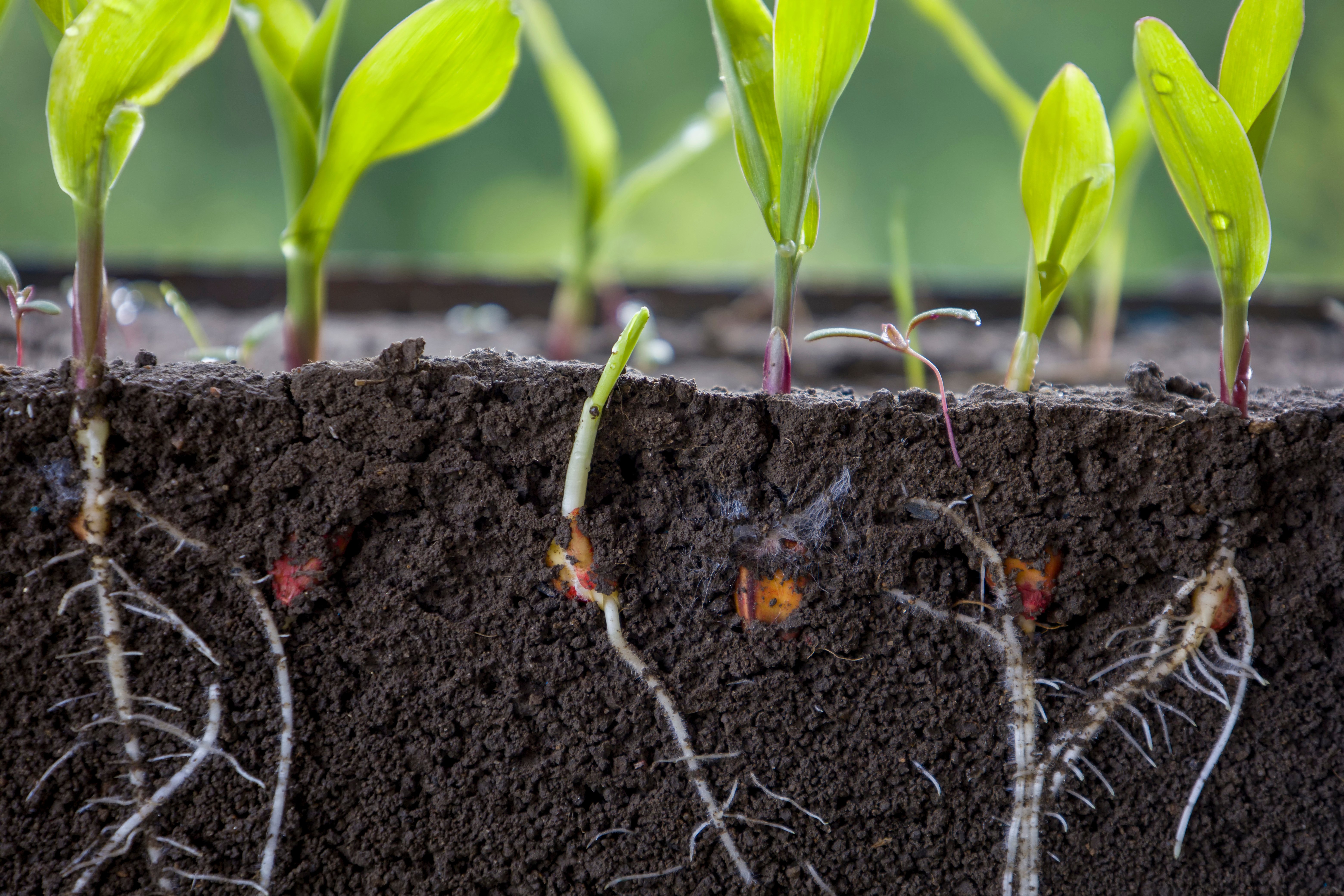- Home
- Products & Services
- Bespoke Solutions
- Bioaugmentation
Bioaugmentation
What is Bioaugmentation?
Bioaugmentation is the addition of suitable microbes in order to improve or speed up a particular biological reaction.
Although this term could be applied to many of our biological products we tend to reserve it for applications where our technology results in improvements to existing reactions or processes, for example in our biological silage inoculants, compost accelerators or amenity and horticultural products.

Silage inoculants
Harvested crops tend to contain a natural population of lactic acid bacteria (LAB) but this is rarely sufficient to produce satisfactory silage. Bioaugmentation with specific species and strains of LAB will greatly improve silage quality and promote aerobic stability.
Our range of silage inoculants contain free enzymes and specific combinations of homofermentative and heterofermentative lactic acid bacteria. Ensilage is an anaerobic process, i.e. it must take place in the absence of oxygen.
Free B-glucanase and xylanase enzymes break down cellulose and hemicellulose, opening up plant fibres and providing a greater surface area for microbial attack. Along with free amylase which breaks down starch, this also provides higher levels of sugar for subsequent fermentation.
Homofermentative LAB such as Lactobacillus plantarum, Pediococcus pentosaceus and Enterococcus faecium ferment sugars to lactic acid, rapidly reducing the pH of the silage and inhibiting spoilage organisms which would otherwise result in a poor fermentation profile.
For higher dry matter crops this is followed by the action of heterofermentative LAB, particularly Lactobacillus buchneri, which ferment sugars to lactic acid as well as acetic acid and a cocktail of other metabolites which work together to inhibit yeasts and moulds, preventing heating, mould and significant dry matter losses at the face of the clamp and when the material is fed out to animals.

Compost accelerators
In a similar manner material destined for composting is likely to carry a natural microbial population but bioaugmentation with particular species and strains of bacteria and fungi will greatly speed up compost formation and the quality of the material generated. Unlike ensilage, this is an aerobic process, requiring oxygen.
The products also contain free enzymes in order to "kick-start" the breakdown process until the microbial population has become established.
This is followed by the action of our bacterial strains which rapidly form a beneficial population in the target material, producing a battery of enzymes for the efficient breakdown of organic matter. Both the free enzymes and the enzyme profiles of the bacterial strains are selected according to the material being composted. Amylase and cellulase break down starch and cellulose respectively and are important for grass composting. For mixed composting, this would be accompanied by free lipase for the breakdown of fats, oils and greases, and protease for the digestion of proteinaceous material. Rich, high quality compost is formed extremely quickly when bioaugmentation is employed.
Leaf material tends to be particularly challenging to compost due to its higher lignin content. Lignin is a polymer that gives strength and rigidity to plant material, and is particularly resistant to microbial degradation. In our leaf composting products this function is carried out by specialist fungal strains.

Root and plant health
Far from being just "dirt", soil is a complex mixture of minerals, organic matter and a diverse population of microbes. Unfortunately factors such as overcultivation, waterlogging and excessive use of fertilisers can result in soil deterioration and disruption of this delicate microbial balance.
Bioaugmentation with beneficial soil microbes will restore and balance the microbial population, These microbes form a critical relationship with plants, for example by colonising the rootzone, breaking down organic matter and increasing the bioavailability of nutrients. This optimises soil and plant health.
This approach brings significant benefits in a variety of horticultural applications from amateur gardening to larger amenity sites such as golf courses.



